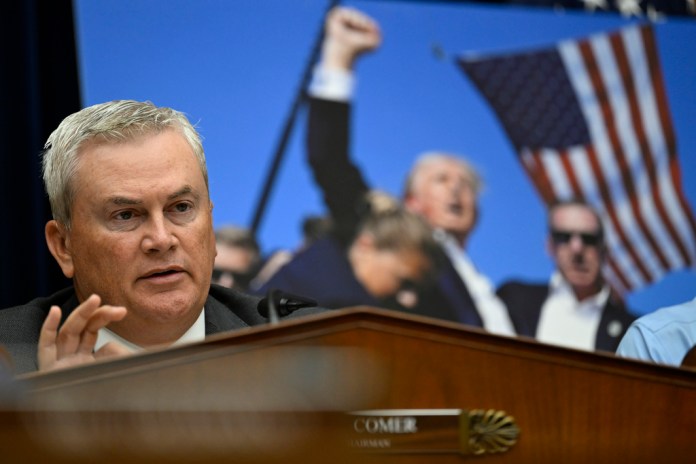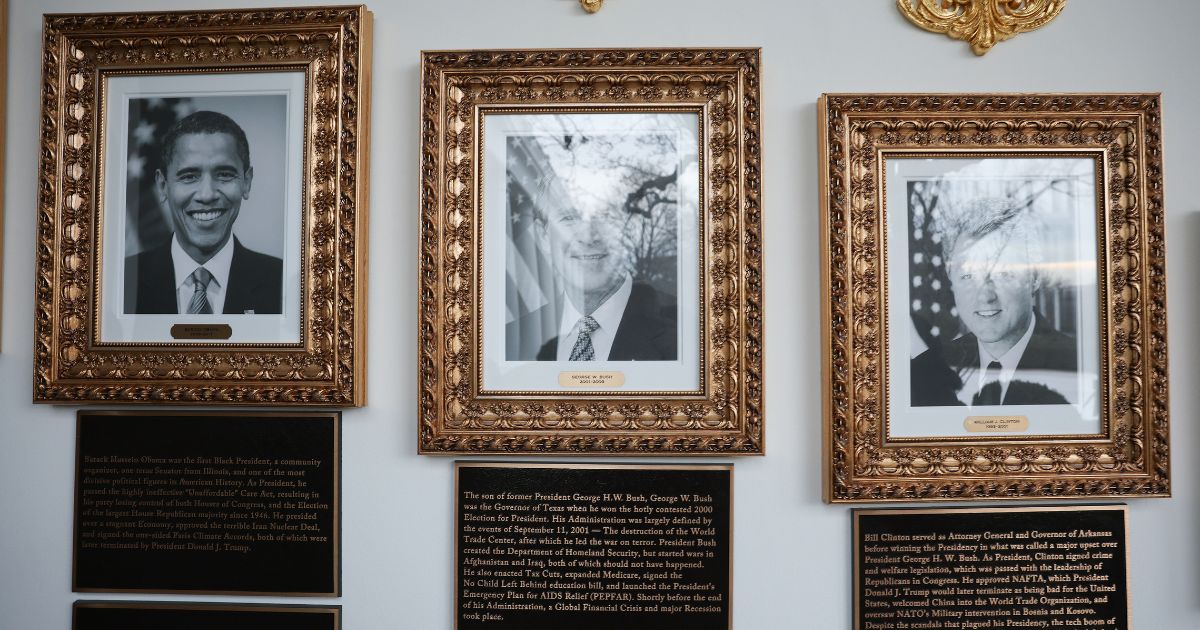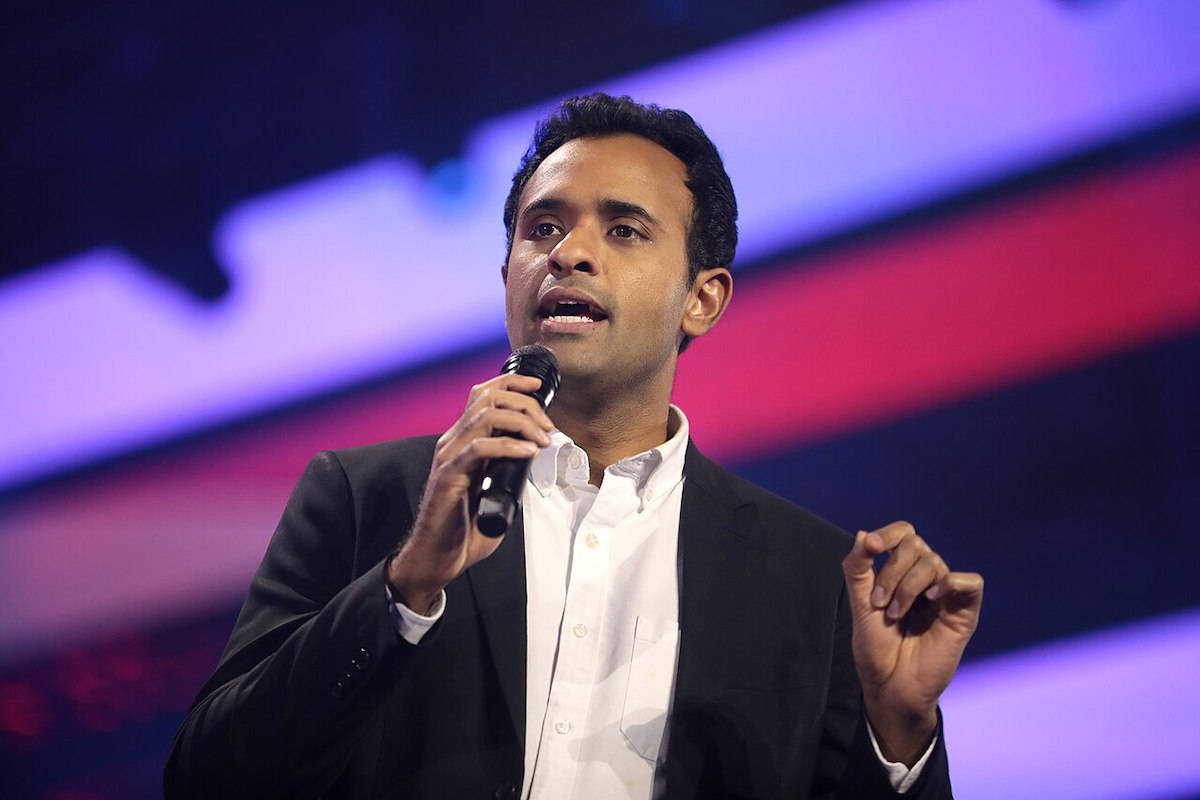Excluding Nikki Haley From The RNC Is A Mistake
The Republican convention in Milwaukee this week will feature a new vice-presidential pick, impassioned speeches from core supporters, and talk of an assassination attempt on former President Trump. However, former U.N. Ambassador Nikki Haley, who was a challenger for the nomination, was not invited to attend or speak at the convention. Despite this snub, Haley has shown support for Trump by releasing her pledged delegates to him. Her popularity with moderates and independents could have been valuable for the party, especially as Trump has lost ground with certain demographics. Polls show a growing reluctance by independents to support Biden, but they have not fully shifted towards Trump either. Haley could have been a key speaker on the abortion issue, given a recent update to the Republican platform. Despite past criticisms between Haley and Trump, the convention could have been an opportunity for party unification.
When the Republican convention kicks off in Milwaukee this week, the stage will no doubt welcome a shiny new vice-presidential pick, impassioned speeches from core supporters, talk of the assassination attempt on former President Trump’s life over the weekend, and an avalanche of colored balloons and admiration for him. It will notably not be welcoming Trump’s most recent challenger for the nomination, former U.N. Ambassador and South Carolina Gov. Nikki Haley.
It was made public through her spokesman on Tuesday that Haley was not even invited to attend the convention, let alone included on the list of planned speakers, as would ordinarily be the case for the candidate with the next highest number of pledged delegates. This choice could be a petty but significant blunder for a candidate who prides himself on being a savvy dealmaker.
While it’s true that the days of delegate swaps and coalition forging over cigars and handshakes are long since over, there are still deals to be made on a convention floor. In the modern era, these deals are more about exchanging patronage for promotion and forgiveness for support, helping unite attendees and viewers behind a single candidate that will bear its message in the fall. For the winner of the primary contests, it’s an opportunity to shore up support from potential voters disgruntled that their candidate did not win. For the second-place finisher, it’s an opportunity to be welcomed back into the fold of the party’s majority, restore standing for future campaigns, and bask briefly in the light that could someday be theirs.
A seasoned dealmaker committed to winning would ignore personal animus for the loftier goal of a party win. Nikki Haley has already dusted off any of her own bitterness and endorsed Trump. Not only that, she announced on Tuesday that she was releasing her small but symbolic pool of pledged delegates to support him as well. It was a gracious gesture by someone who has realized that the importance of the party’s agenda supersedes her own personal misgivings about the man at the top of the ticket. This is a choice that many moderate Republicans are still grappling with.
Haley’s support from party moderates and favorability with independents continues to be substantial. Before she dropped out of the race in March, she won several small primaries in D.C. and Vermont but also garnered significant support in major contests including New Hampshire and Virginia as a stark alternative to Trump. Perhaps even more importantly, she continued to garner substantial support even after announcing an end to her campaign. For example, she won a remarkable 17 percent of a protest vote in the swing states of Pennsylvania and Arizona and 21 percent in Indiana. These performances are critical evidence of an enduring reluctance by certain corners of the Republican voter bloc and the increasingly vocal “double haters” — those who have an unfavorable view of both Biden and Trump — to cast a ballot for the Republican nominee.
Compared to the 2016 election results, Trump and the Republicans have lost sizable ground with independents, suburban women, and college-educated voters in subsequent elections as well as polling for the current cycle, even while they have shown promising signs of gaining ground with other demographics. The same factions where Trump has lost ground have been Haley’s core strengths. At least one poll during the primary campaign showed her 17 percentage points over President Biden at a time when Trump was running even, underlining the weight she carries with the middle of the political spectrum.
After Biden’s disastrous debate performance at the end of June, these voters are now more up for grabs than they have ever been. Polls now show an increasing reluctance by independents to support Biden in November, even among those who voted for Biden in 2020, given growing concerns about his ability to fulfill the duties of the office. Critically, however, it is noted that these same voters have largely not yet moved into the Trump column. A recent Cook Political Report survey showed a 4 percent drop in independents favoring Biden following the debate, with no increase for Trump.
Then there’s the risk and opportunity specific to the abortion issue. Last week, a simplified Republican platform was released, with one of its key updates being a softer position on abortion, dropping any objective for national limits in favor of a state’s right to decide. Haley would have been the perfect speaker to deliver this message given its moderation and compatibility with her own stump speech on the topic.
As tough as the criticism was between these two candidates during the months of Haley’s campaign, the sharpness of that divide is all the more reason to use the convention floor as a place of reunification. Here lies an opportunity to demonstrate to more moderate Republicans who don’t align themselves with a generally unpopular “MAGA” label that they could nonetheless be welcomed home to Trump’s party when time nudges them closer to a voting booth.
As Nikki Haley herself said upon exiting the race: “At its best, politics is about bringing people into your cause, not turning them away. And our conservative cause badly needs more people.”
Perhaps Trump is convinced that President Biden’s current troubles are so severe that the race is already won — especially after the recent violent attack on Trump’s own life over the weekend — and he can already move to the stage of rewarding loyalists and punishing those he deems disloyal. But as weak as President Biden may be in this July moment, the media narrative will inevitably shift back to Trump and his own weaknesses over the next few months. Regardless of whether the Democrat nominee is ultimately Biden or someone else, polls are likely to tighten as the focus is turned back on Trump’s own legal troubles and upcoming sentencing for his controversial felony convictions.
Becoming president whether for the first or second time is about appearing big against the canvas of America’s most important challenges. Excluding the voice of a former rival out of spite after she has already endorsed him is the exact opposite. It is small. It serves only to remind moderate and independent voters of those unfavorable character traits that have at times made Trump smaller than he should be. Hopefully, he will reconsider and make some room in what he needs to be a big party tent.
Brian Gorman is a practicing CPA based in North Carolina who has formerly worked on several presidential campaigns.
" Conservative News Daily does not always share or support the views and opinions expressed here; they are just those of the writer."




